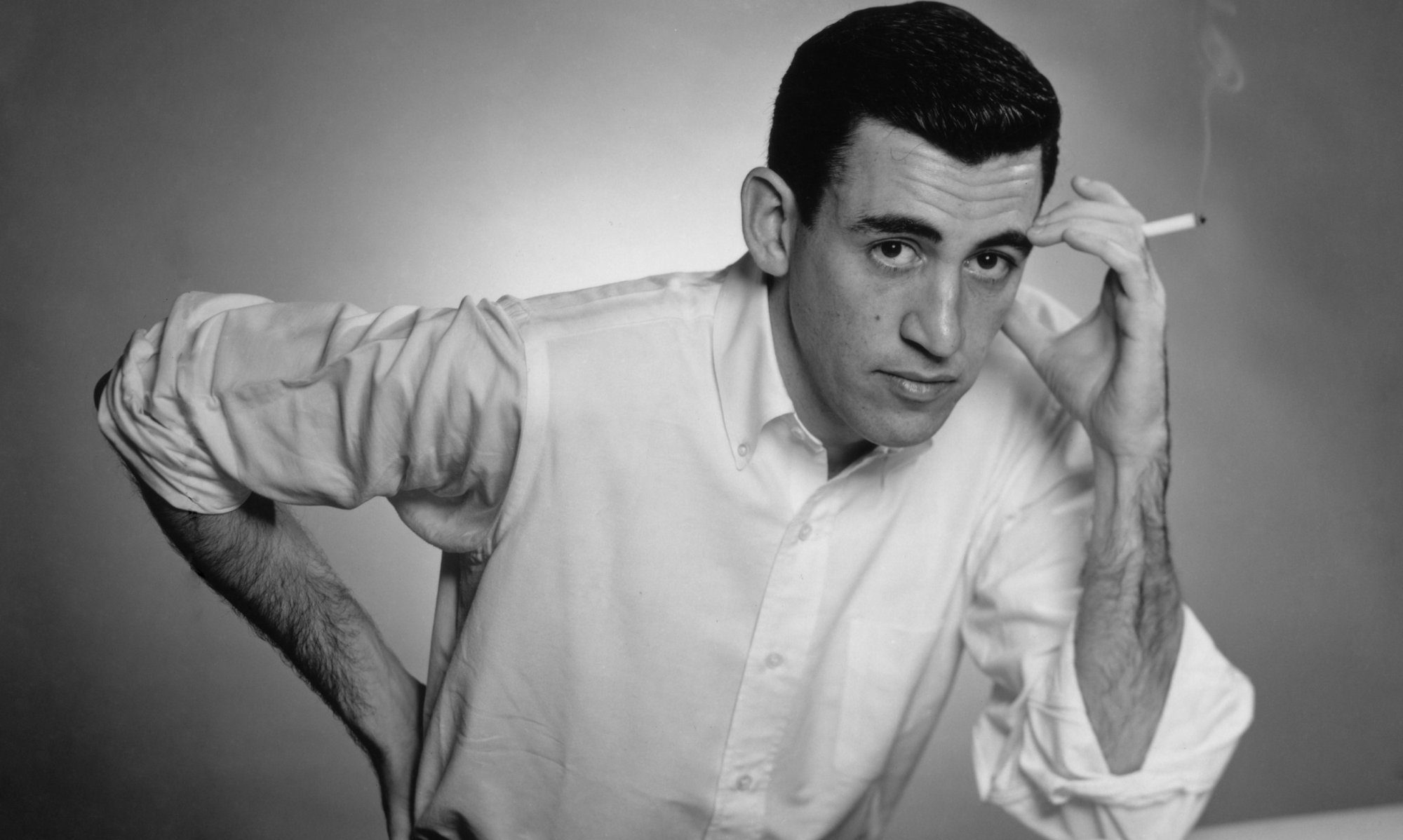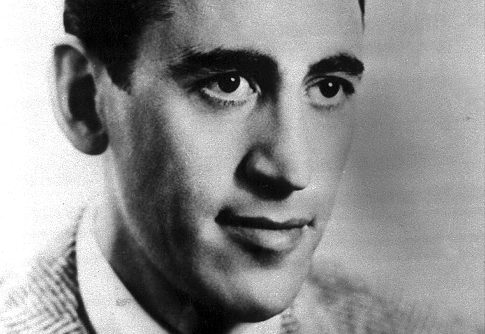Written by Leslie Gleue, December 2009.
In 1974, in his last public comments, Salinger told The New York Times that there was, “marvelous peace in not publishing.” He added: “I like to write. I love to write. But I write just for myself and my own pleasure . . . I’m known as a strange, aloof kind of man. But all I’m doing is trying to protect myself and my view.”
Lawsuit to Block Ian Hamilton’s Biography
In 1986 when Ian Hamilton was attempting to publish In Search of J.D. Salinger: A Writing Life, Salinger sued to prohibit the use of his letters in the biography. A New York Times article written by Arnold Lubasch on January 30, 1987 included the following information about the suit in which Salinger prevailed:
The biography of J. D. Salinger was blocked yesterday by a Federal appeals court in Manhattan that said the book unfairly used Mr. Salinger’s unpublished letters. Reversing a lower court decision, the appeals court ruled in favor of Mr. Salinger, who filed suit to prohibit the biography from using all material from the letters, which he wrote many years ago.
In its 24-page decision, the United States Court of Appeals for the Second Circuit said the case focused on ”whether the biographer of a renowned author has made ‘fair use’ of his subject’s unpublished letters. Mr. Salinger wrote the letters to his friend and editor, Whit Burnett, and to several other people, including Ernest Hemingway. “The biography,” the appeals court said, ”copies virtually all of the most interesting passages of the letters, including several highly expressive insights about writing and literary criticism.”
In a footnote, the appeal court’s decision cited a letter in which Mr. Salinger complained about an editor who praised one of his stories while rejecting it. ”Like saying,” he wrote, ”she’s a beautiful girl, except for her face.” Another letter criticized Wendell Willkie, the 1940 Presidential candidate, saying, ”He looks to me like a guy who makes his wife keep a scrapbook for him.” The decision included another footnote referring to a 1943 letter in which ”Salinger, distressed that Oona O’Neill, whom he had dated, had married Charlie Chaplin, expressed his disapproval of the marriage in this satirical invention of his imagination: ”I can see them at home evenings. Chaplin squatting grey and nude, atop his chiffonier, swinging his thyroid around his head by his bamboo cane, like a dead rat. Oona in an aquamarine gown, applauding madly from the bathroom.” ”I’m facetious,” the letter added, ”but I’m sorry. Sorry for anyone with a profile as young and lovely as Oona’s.’
Mr. Hamilton, who wrote the biography despite Mr. Salinger’s refusal to cooperate with him, made use of the unpublished Salinger letters, which were written between 1939 and 1961. The recipients or their representatives donated the letters to university libraries, where they were discovered by Mr. Hamilton.
When Mr. Salinger learned that the letters were being used in the biography, he registered them for copyright protection and objected to the biography’s publication unless all of the material from the letters was deleted. In response to Mr. Salinger’s objection, the appeals court observed, Mr. Hamilton and Random House revised the original galleys of the biography by paraphrasing much of the material that had previously been quoted from the letters. The appeals court continued, however, that Mr. Salinger identified 59 instances where the revised biography contained ”passages that either quote from or closely paraphrase portions of the unpublished letters.”
Mr. Salinger then sued the biographer and publisher, charging that the use of his letters involved copyright infringement and unfair competition. Judge Leval of the lower court rejected Mr. Salinger’s request for an injunction in the suit, ruling that the biography had made only minimal use of material that was entitled to copyright protection. But he temporarily held up publication to permit an appeal. In the subsequent decision by the appeals court, Judge Newman noted that ”the author of letters is entitled to a copyright in the letters, as with any other work of literary authorship.” The book was finally published in 1988 by Random House with the letters’ contents paraphrased. Continue reading “J.D. Salinger’s Lawsuits and Censorship”

